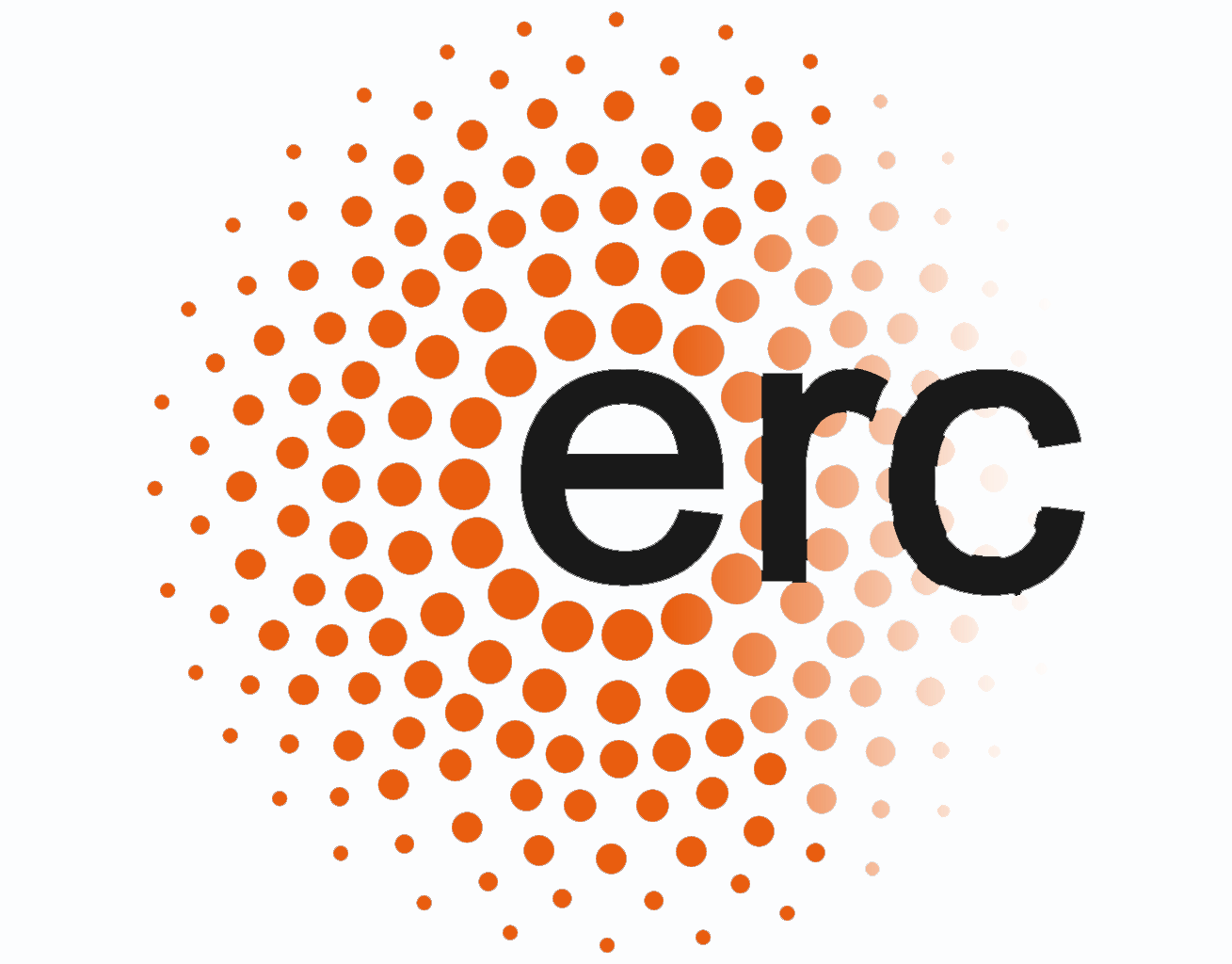Recent ERC Advanced Grants to Philosophers
Three philosophers were among the recipients of multi-million-euro grants from the European Research Council (ERC).

They and their projects are:
- Guido Bacciagaluppi (University of Utrecht)
Niels Bohr for the 21st Century
€2.5 million
The project will focus on the legacy of Niels Bohr (1885–1962). Bohr was a central figure in the development of 20th-century physics, but understanding his thought is difficult, its reception has been fraught with misunderstandings, and its contemporary relevance is still unclear. This will be a major attempt to clarify Bohr’s position in the philosophical debates of his time and of today, with particular reference to the philosophy of physics, the philosophy of biology, and general philosophy of science. Extensive use will be made of historical resources, especially those in the Bohr Archive in Copenhagen, integrating historical and philosophical methods and insights. Among other things, the project will aim at clearing away the positivist cobwebs from Bohr’s image in the philosophy of physics, at investigating Bohr’s influence on organicism in theoretical biology, and at exploring Bohr’s proposed use of complementarity in debates on emergence and reduction. Besides collaborating extensively with the Bohr Archive, the project will collaborate also with the organicism research group in Bochum led by Jan Baedke. Utrecht has a long tradition of research in the history and philosophy of physics, and this will be considerably strengthened by both this project and Niels Martens’ concurrent ERC Starting Grant in the philosophy of cosmology.
- Sabrina Ebbersmeyer (University of Copenhagen)
Women in the Nordic Enlightenment: Changing the narratives of early modern philosophy and uncovering women’s contribution to Scandinavian gender equality
€2.4 million
The project will bring to light and critically assess women’s intellectual contribution to the Nordic Enlightenment. This will be done by examining a rich text corpus consisting of unpublished material and published texts written by women in Scandinavia, which has been largely overlooked in standard accounts of the development of early modern thought. This investigation will serve two further objectives. Firstly, this project will change our view of the Nordic Enlightenment, and, as a consequence, of the Enlightenment project as such. It will thereby emend the historical account of a decisive chapter of Europe’s past and allow for a re-interpretation of what the Enlightenment entails and of its characteristic features. Secondly, this project will reveal women’s contribution to the development of Scandinavian gender equality during the Early Modern period. It will make visible women’s contribution to the emergence of gender equality at an earlier stage than usually assumed.
- Genia Schönbaumsfeld (University of Southampton)
The Ethics of Doubt – Kierkegaard, Scepticism and Conspiracy Theory
€2.5 million
While the ancient sceptics regarded scepticism about knowledge as a way of life, philosophers from Descartes to the present day have viewed it primarily as an intellectual problem that requires only a theoretical solution. This project intends to challenge this common assumption by focussing on a figure almost entirely overlooked by mainstream epistemology: Søren Kierkegaard.
Core aims of the project are: (a) To bring Kierkegaard’s existential epistemology into dialogue with the contemporary mainstream, in particular in respect to the relation between the intellectual vices, such as a lack of intellectual courage, and various forms of scepticism. (b) To examine the similarities between radical scepticism and global conspiracy theories. Since radical scepticism is taken very seriously in epistemology, while conspiracy theories tend to be dismissed, this raises the questions: If something is wrong with global conspiracy theories, is something equally wrong with radical scepticism? Conversely, if we cannot dismiss radical scepticism, can we similarly not dismiss global conspiracy theories? (c) To apply Kierkegaard’s insight that knowledge requires courage to a central challenge of our time: loss of faith in knowledge, expertise and authority. Never has such an investigation been more pressing than in the current pandemic, which has given rise to an unprecedented surge in conspiracy theories and ‘fake news’.
In total, the ERC awarded €544 million in starting grants. You can learn more about the grants and see a complete list of the winners here.
Subscribe
Login
0 Comments


